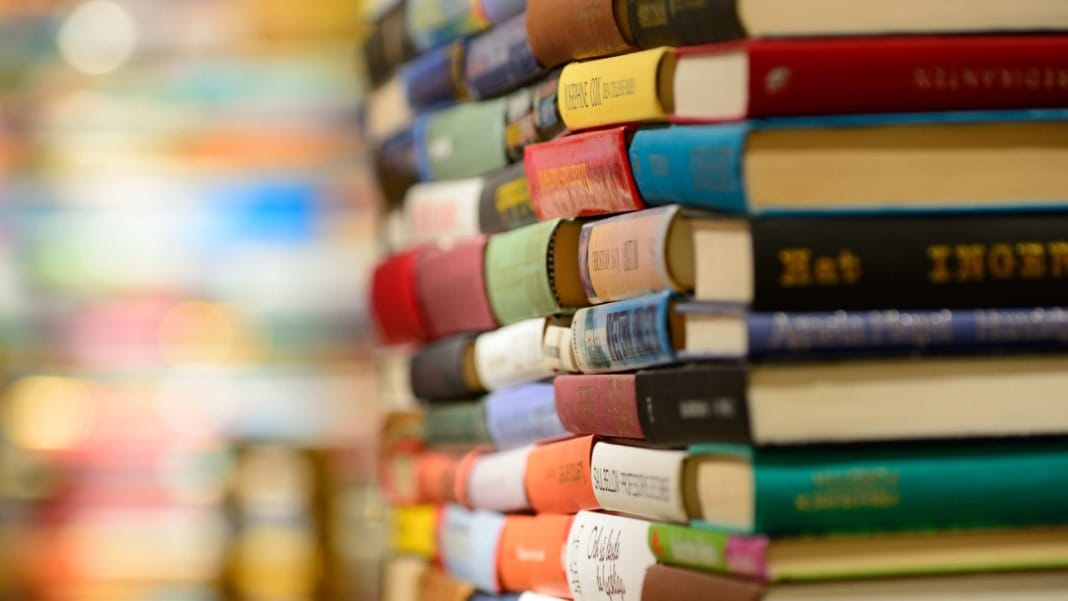Four major educational publishers, namely Cengage, Macmillan Learning, McGraw Hill, and Elsevier, have taken legal action against Google. Their accusation is that Google has been endorsing pirated versions of their textbooks, a claim that could significantly influence how copyright issues are addressed by major tech companies.
Significance of the case
This legal battle has the potential to reshape the US$8.3 billion textbook market and revolutionise how tech giants handle copyright infringement. For advertisers, this case is of utmost importance as it delves into the fundamental issues of ad integrity and fair competition. If the allegations are proven, it implies that Google might be endorsing pirated content while limiting ads for legitimate textbooks, potentially jeopardising a level playing field and brand safety.
The lawsuit, filed in the U.S. District Court, Southern District of New York, accuses Google of ignoring thousands of infringement notices. The publishers claim that Google features pirated e-books at the top of its search results and restricts advertisements for licensed e-books, putting legitimate sellers at a significant disadvantage. This unfair treatment is a blow to the publishers, who have worked hard to create and distribute quality educational materials.
Market implications
Pirated textbooks are often sold at much lower prices, which significantly undercuts legitimate sellers. This practice not only reduces the revenue of educational publishers but also threatens the integrity and fairness of the textbook market.
Matt Oppenheim, the publishers’ attorney, remarked, “Google has become a thieves’ den for textbook pirates,” in a conversation with Reuters. Google has not yet commented on the ongoing lawsuit.
Future developments
The case, numbered 1:24-cv-04274, seeks unspecified monetary damages. However, the resolution of this lawsuit could set a new standard for how tech companies handle copyright issues moving forward. This could be a turning point, a step towards a more fair and regulated digital marketplace.





